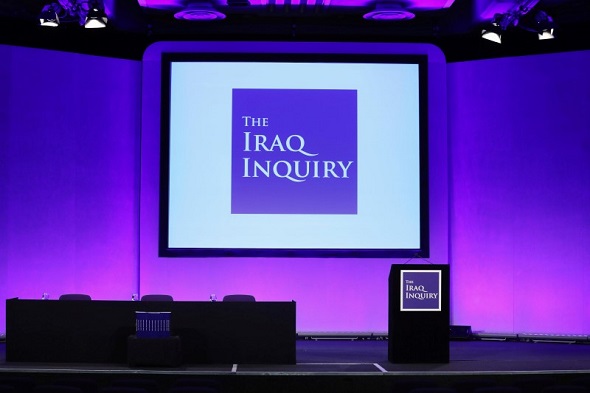How do we understand the wrongs of the past? In the summer of 2016, the Chilcot Inquiry published its long-awaited report on Britain’s role in the 2003 Iraq War. Poring over the report, journalists, campaigners and political opponents looked to the report to answer questions like: who was to blame? Did the government lie or conceal information? Did those at the heart of government know that they were acting wrongly? If they didn’t know, shouldn’t they have known anyway? These questions are examples of ‘juridical individualism’ – that is, seeking to attribute responsibility as one would in a criminal trial. It’s a popular approach. It seems like a tough and rigorous way of getting to the truth. But it’s actually a very problematic way of investigating big political scandals. It is concerned with bad apples, but ignores the barrel.
If we are really going to learn from the wrongs of the Iraq War, we need to go beyond these questions and ask about motive: how was it possible for the Prime Minister and other senior government figures to think that war was the right thing to do? The 2.3 million word report reveals that three beliefs validated the decision to go war: one, catastrophic terrorism could occur with little or no warning, so threats should be dealt with before they arise; two, resisting surveillance is an indication of guilt; three, democratisation and economic liberalisation are inevitable. Reducing the decision to go to war in Iraq to the honest (or dishonest mistakes) of a few bad apples overlooks the way in which these three beliefs remain with us today. We see these beliefs at work in counter-radicalisation programmes, counter-terrorism operations and remote killing. And thinking this way increases the chance of a ‘false-positive’ – that is, using force against a ‘threat’ that later turns out to be not a threat after all (just as Saddam never posed the threat that the Blair government feared). When relying on these beliefs, false positives are an ever-present possibility. By overlooking the question of motive, we are doomed to repeat the past.

